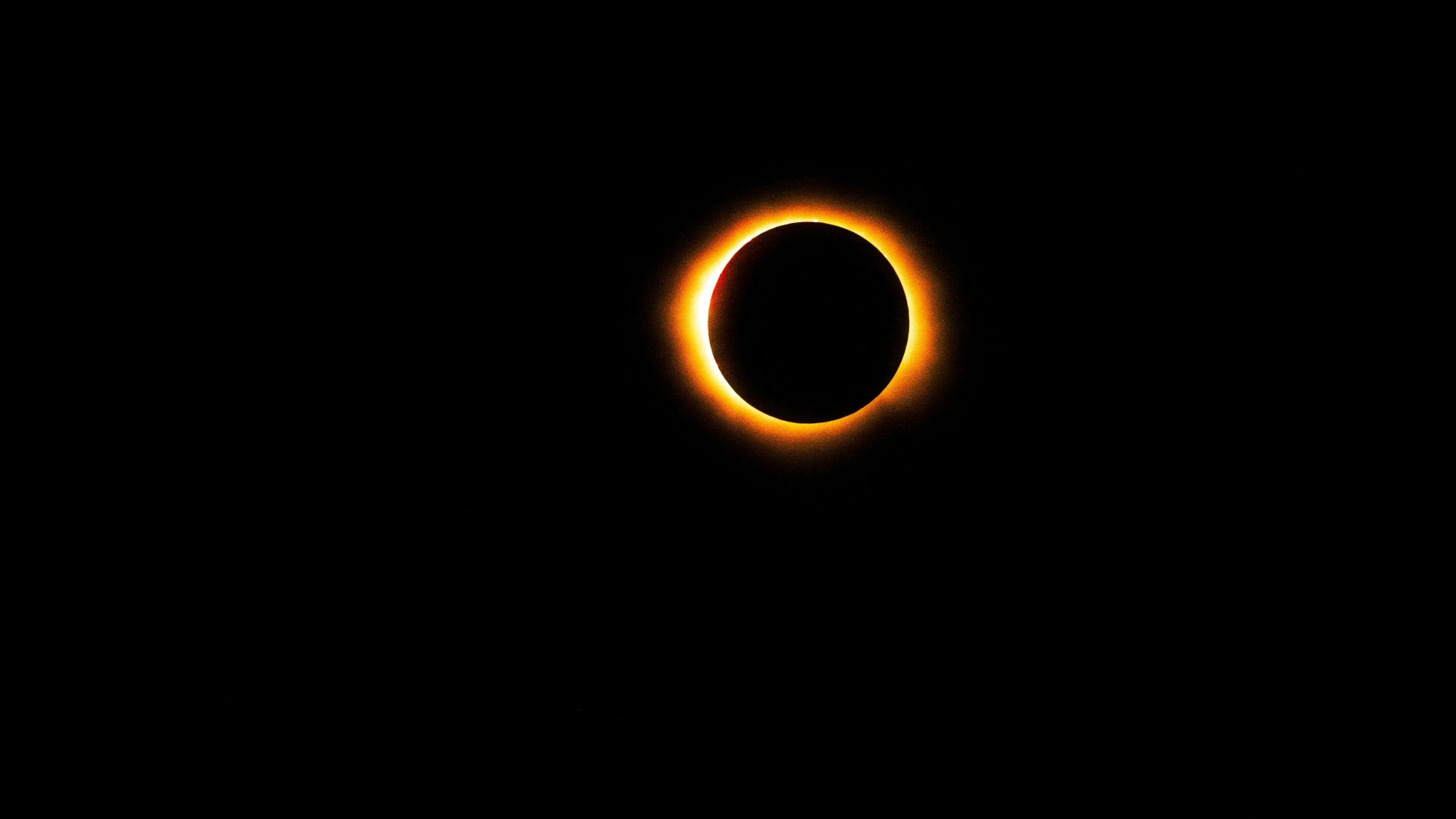When someone makes an extraordinary claim or shares a testimony, who bears the burden of proof: the claimants or those who require more than just words to be persuaded? This question has been on my mind after an unusual interaction with another user in this forum.
Consider the recent reports of unusual object and drone swarm sightings in New Jersey. I requested a photo that aligns with the descriptions provided by multiple witnesses, who described everything from drone swarms to bus-sized drones to anomalous objects.
To date, I haven’t seen any images that match the hype or descriptions surrounding these events. Instead of providing evidence, one user shifted the burden to me, insisting I needed to show visual proof that these sightings had a mundane explanation.
It’s not difficult to conclude that the burden of proof lies with those making extraordinary claims. If I claim to have seen something outlandish in the sky, I can’t just demand that others prove my assertion wrong. For instance, if I say, “I saw a flying saucer,” and someone questions my credibility—asking if it might have been a plane or a satellite—it doesn’t support my claim if they fail to provide images of such alternatives. My initial assertion remains equally plausible regardless of their evidence.
I’ve noticed a lot of resistance from people when it comes to the demand for evidence regarding sightings, especially as discussions around more speculative topics arise.
So my question is this: When you make a claim, is it your responsibility to provide evidence, or do skeptics need to supply proof that what you’re stating isn’t true? Otherwise, does the original, fantastical claim automatically gain credibility by default? To me, this seems like a matter of basic common sense that is often overlooked.

You’ve raised a really interesting point about the burden of proof in claims, especially when it comes to extraordinary assertions like sightings of anomalous objects or UFOs. Generally, in discussions about claims and evidence, the burden of proof lies with the person making the claim. If someone asserts that they have seen something extraordinary—like a bus-sized drone or an alien spacecraft—they have the responsibility to provide evidence that supports their claim, whether that’s through photos, videos, or credible testimonies.
It’s not sufficient for someone to simply say they’ve witnessed something unusual and then shift the burden to skeptics to disprove the claim. This pattern can lead to unproductive discussions where the original claim isn’t substantiated, and skepticism is treated as a failure to provide counter-evidence rather than a rational response to a lack of proof.
In your example about the New Jersey sightings, if witnesses have seen something that they describe as drone swarms, it would be reasonable for those inquiring about the events to ask for visual evidence. The immense nature of the claims dictates the need for equally substantial evidence. While it’s understandable that some may feel defensive when confronted with skepticism, claiming extraordinary experiences should come with a level of proof that others can evaluate.
In summary, the basic principle of the burden of proof is straightforward: those making extraordinary claims should provide convincing evidence, and skepticism is a valid response in the absence of that evidence. This approach fosters a more evidence-based discourse, which is crucial when engaging with topics that invoke such strong reactions and emotions.